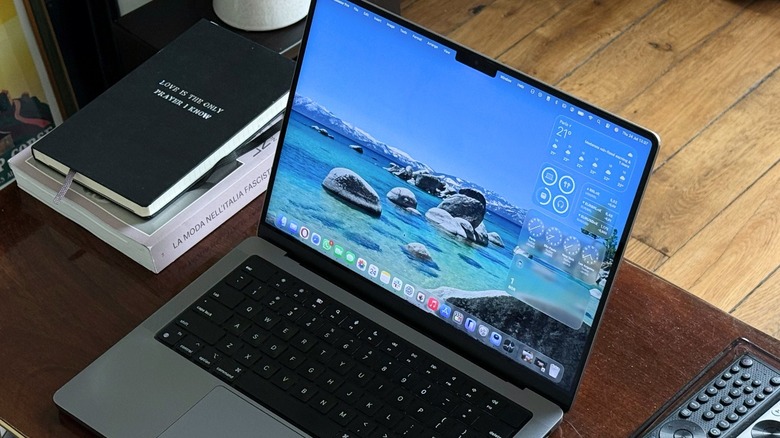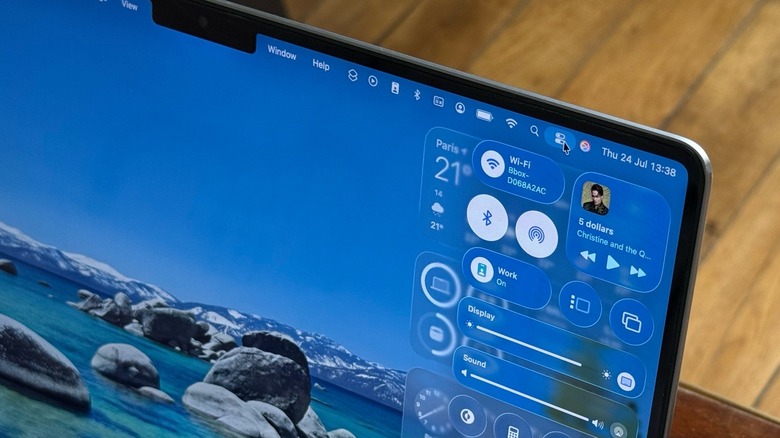macOS 27 Could Be The Beginning Of The End For M1 Macs
A couple of months ago, Apple announced that macOS Tahoe would be the last major update for Intel Macs. While the company has been quietly cutting features from its software updates for these devices for quite a while, it decided to stop supporting them once and for all when macOS 27 is released in the fall of 2026.
Although we're still many months away from that happening, Apple Silicon users are about to experience a change for the Mac that doesn't happen often. After all, it was in 2006 that the company made the transition from PowerPC to Intel hardware and 2008 when it dropped software support for PowerPC Macs with Mac OS X Snow Leopard.
Even though processors are infinitely more powerful than they were 20 years ago, seeing Apple finally completing the transition to its own silicon means that M1-series Macs will be six years old when macOS 27 is released. With that in mind, we are likely getting closer to the moment where an Apple proprietary chip won't be supported by the company's software in the future.
Will macOS 27 spell doom for M1 Macs?
While it's not expected that Apple will drop support for M1 Macs with macOS 27, it's possible that the company could start to limit some features to newer models. So far, virtually every feature available on an M4 Mac is also available on an M1 Mac. That might not be the case in the next few years.
I recently wrote about how well my M1 Pro MacBook Pro is holding up and noted that I'll be waiting at least until the M6 MacBook Pro to upgrade my laptop. While many Mac users probably feel the same way, as the M1 MacBook models are still a solid choice at a competitive price, if Apple wants to keep the Mac upgrade cycle alive and well, it's possible that the company will start to lure customers in with newer, exclusive features that aren't available on their aging laptops and desktops.
Therefore, don't be surprised if the M1 MacBook models are the first to miss out on a few new features in a future update. Not only do they have an older design, but their chips will be coming up on six years old when macOS 27 launches in fall 2026.
How Apple could limit M1 Macs without dropping support
At first, I imagine Apple will start to limit Apple Intelligence and other demanding features to Macs with 16GB of RAM. The company doesn't sell Macs with 8GB of RAM anymore, and that could be an indication of the minimum requirements for certain features going forward. After all, with Apple Silicon chips offering steady performance across generations, there's no need for Apple to phase out M1 Macs in the immediate future. Still, the company clearly has no interest in supporting these devices forever and hurting Mac sales.
More importantly, even if Apple starts to slow down on introducing new features for M1 Macs, users would still have at least three generations of security patches and bug fixes before the computer is made obsolete. That said, Apple's first Macs with a proprietary chip might receive support for close to a decade when all is said and done. Of course, there isn't much to worry about right now, but keep all of this in mind before you buy an M1 Mac in the months and years to come.


